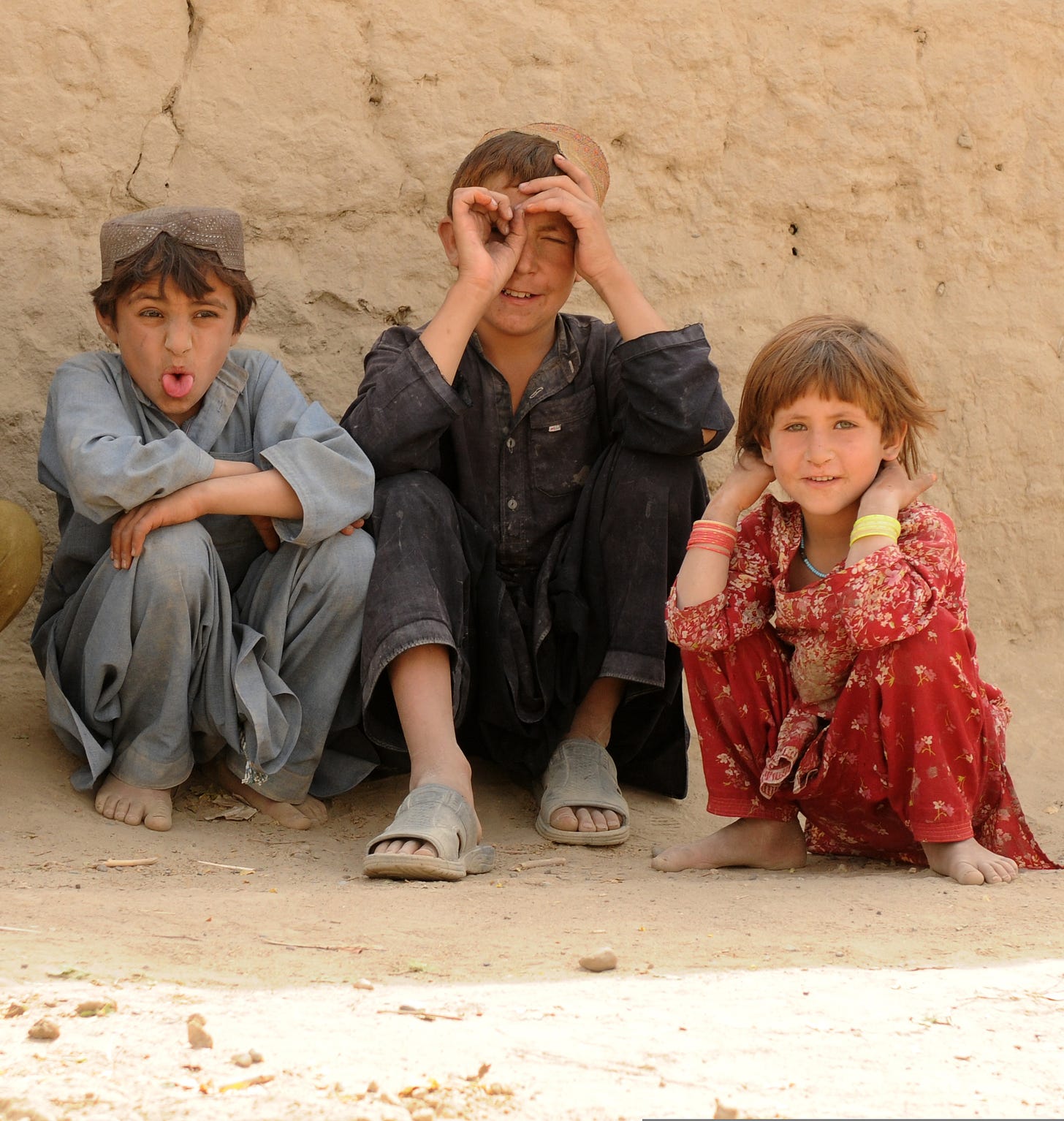
I have five siblings, and the youngest is my little brother Lutful Rahman. He was born on June 9th, 2019, in Afghanistan. Now he’s 5 years old and in kindergarten. I want to talk about him because his life is really interesting, and I think you’d like to hear about it. Lutful Rahman is super smart, and his teachers always say great things about him. They tell us t
hat he’s a fast learner and that he listens well. He gets good grades too, which I like to say he got from me! At school, he’s awesome, but at home, things are a bit different.
One of the hardest things for Lutful Rahman is dealing with two languages. He speaks English really well, especially after starting school, but Farsi is harder for him. Sometimes when he talks in Farsi, he gets stuck on certain words and asks me for help or just says them in English. He even asks, “How do you say that in English?” when he doesn’t understand us. This makes my family a little worried because we’re not sure if he’ll be able to talk with our relatives who don’t know English. I think about what it will be like when our aunts, uncles, and grandparents visit or when we call them. Will he understand them? Will he feel left out?
Holidays are another thing that makes his life complicated. He knows about our Afghan holidays and traditions, but now he gets excited about American holidays like Halloween and Christmas. He keeps saying he wants to celebrate them, while our parents do not have enough time to celebrate Afghan and American holidays at the same time. Seeing him love both kinds of holidays is nice, but it also makes me wonder if he’ll feel torn between our traditions and the ones he sees here.
All of this is part of what happens when you move to a new country. We are really thankful for being in America and having new opportunities, but it’s not always simple. Lutful Rahman’s life shows how hard it can be to keep our Afghan culture while fitting into American life. It’s not easy, and watching him try to find his way makes me realize how strong he is but also how tough it can be.
I love my brother and am so proud of him, but I worry about the parts of our culture that might fade as he grows up speaking two languages, celebrating different holidays, and living in two worlds.
With love,
Aqsa




Growing up in a border town many of my friends were their families first generation in the United States. There families wanted to be here, most of the time. But there were challenges. Life prepared for success in their home country did not necessarily prepare for the same path to success in their new country. The language was different, the food was different, the culture and even relationships were different. It is not easy to blend into a new society. To hold on to what you love about the old and adapt into the new. It changes the family and the person.
From an outsider, someone who has watched this before, I know the process also changes the United States. As your family holds on to what it loves from Afghanistan it introduces what you love most to your new country. Someday, parts of your new country will reflect aspects of your old one and will be better for it.
Some of the best writers I know left home and moved to the US. Especially for those who were too young to remember home (or were born here), they often write about the tension of living between two cultures. Sometimes they never feeling completely comfortable in either culture.
This is the immigrant experience. It's something every American who came from another country goes through, including mine (most of whom came here a long time ago). You, your brother and your family are part of a proud tradition as you help grow this diverse American family.